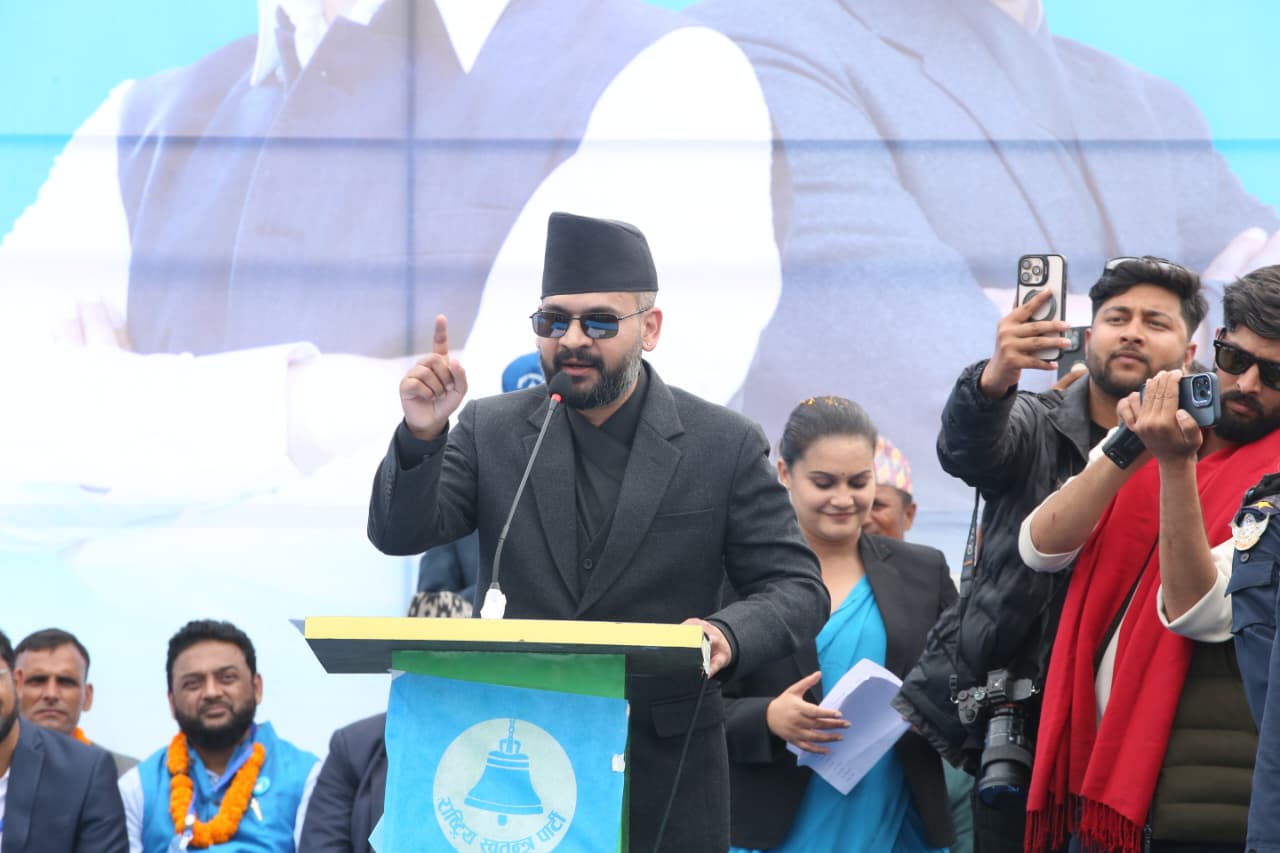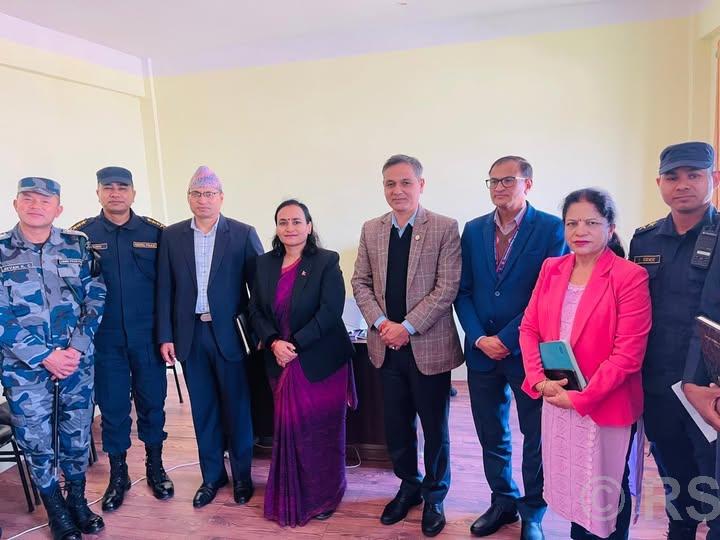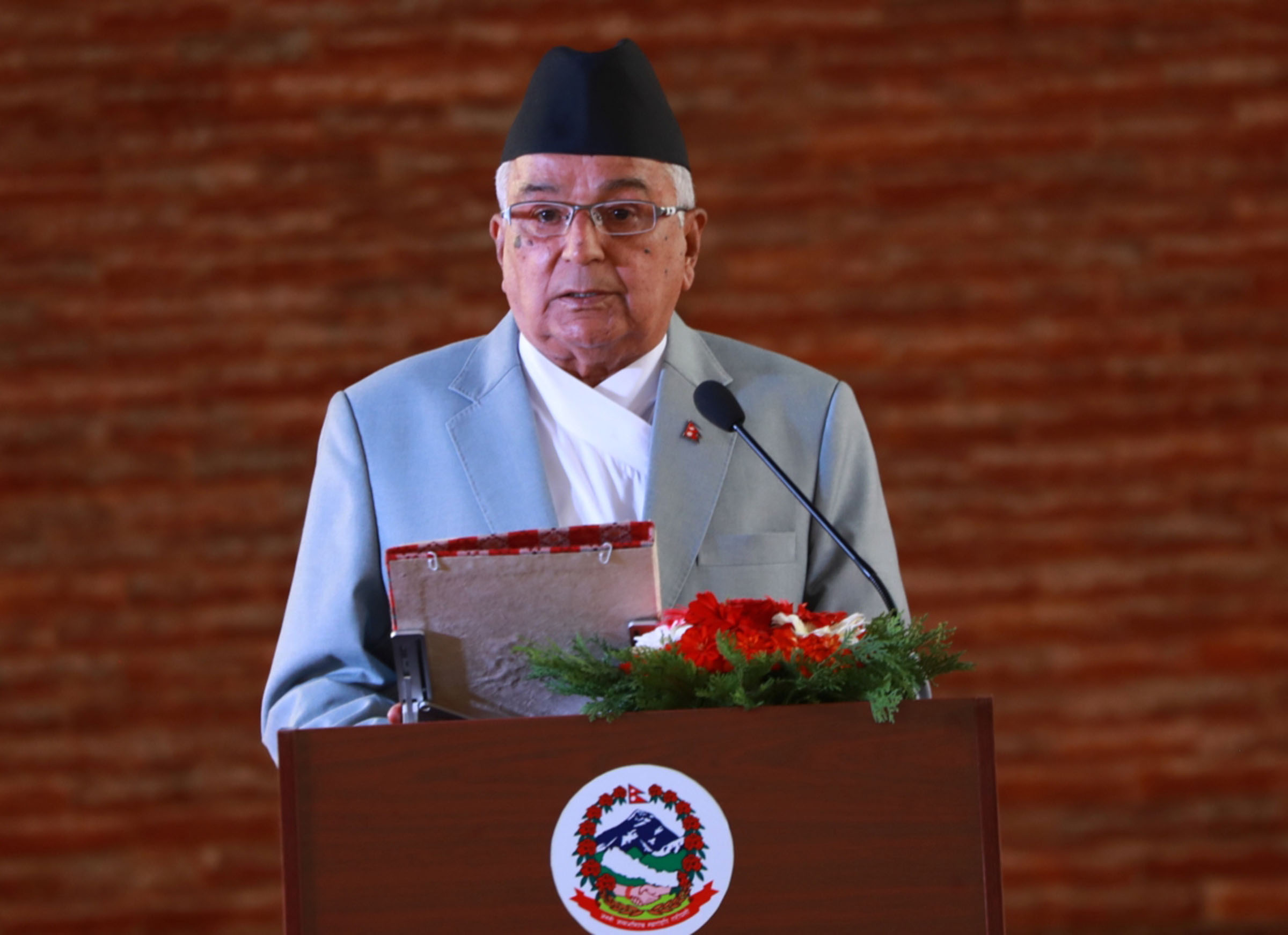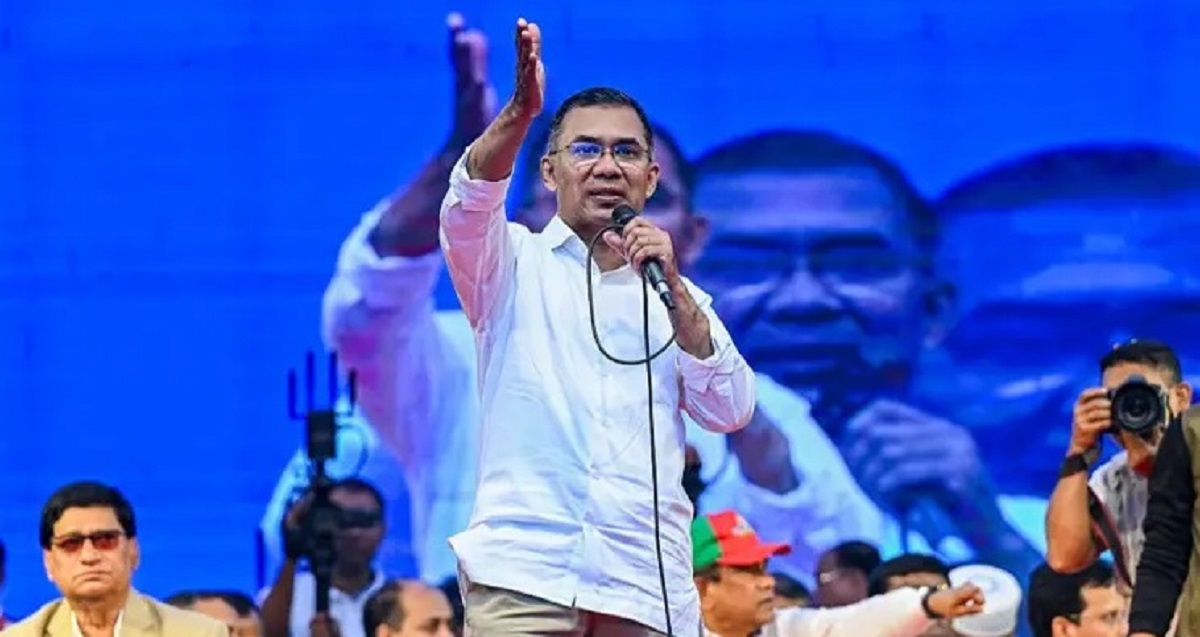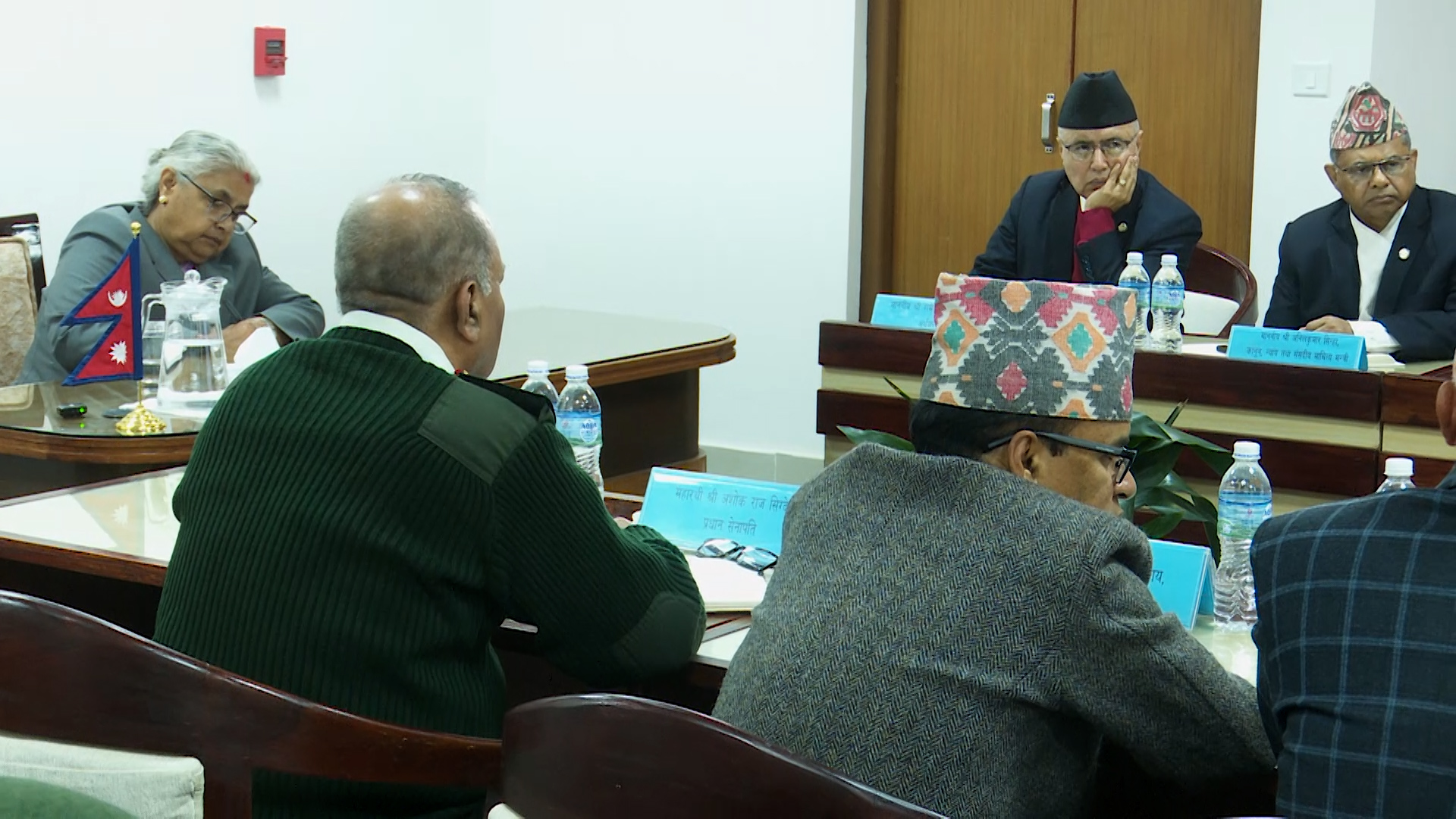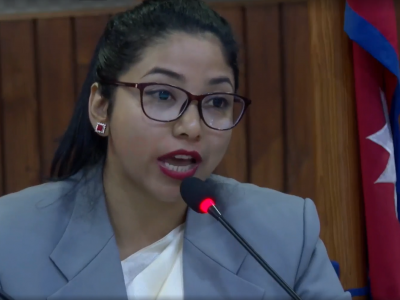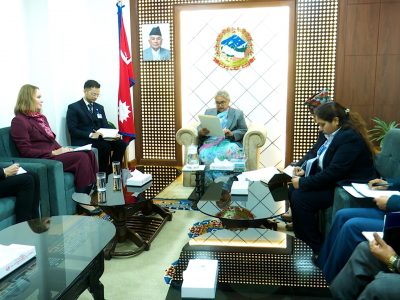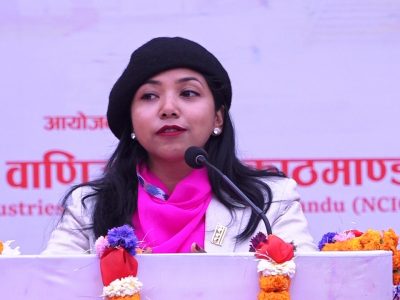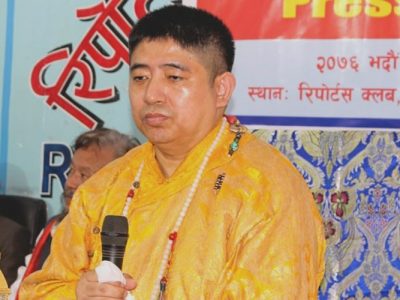US urges Sri Lanka to gain economic independence by making “difficult but necessary choices”
Kathmandu. It was in early October that news surfaced on the matter of the United States of America and India seeking to bring Sri Lanka within the fold of the Quadrilateral Alliance (Quad). Now the US has advised Sri Lanka that it might have to make “difficult but necessary choices,” in order to obtain economic independence, pointing towards China’s involvement in the state.
The Principal Deputy Assistant Secretary at the US State Department’s Bureau of South and Central Asian Affairs, Dean Thompson, at a press briefing urged Colombo to, “advance democratic governance, human rights, reconciliation, religious freedom, and justice, which promote the country’s long-term stability and prosperity and ensure the dignity and equality of all Sri Lanka’s diverse communities.”
Thompson further referenced the idea of a “free and open Indo-Pacific,” that all four Quad members, the US, India, Australia, and Japan, support in their own manner. By doing so, he mentioned that, “In the interest of strengthening our longstanding partnership with Sri Lanka and reinforcing our long-term commitment to the region, we encourage Sri Lanka to review the options we offer for transparent and sustainable economic development in contrast to discriminatory and opaque practices.” He added, “We want to partner with Sri Lanka on our shared goals of sustainable economic development and a free and open Indo-Pacific.”
Sri Lanka has meanwhile been seeking to gain a grant of $700 million from he China Development Bank. It has been struggling to come out of the crisis induced by COVID-19. Ajith Nivard Cabraal, the former Governor of the Central Bank of Sri Lanka claimed that, “In different times in world history, different countries have been the ones who have had the most amount of cash. And now it happens to be China, so China will naturally invest all over the world. I think we should all respect that.”
This loan would be a portion of the $1.2 billion loan syndicated by the bank, from which $ 500 million has already been received by Colombo in 2019. Sri Lanka supposedly has to repay more than $15 billion that it has amounted in debts and China replaced the International Monetary Fund (IMF) as one of Colombo’s main lenders in the past few years. A few weeks ago, Sri Lanka’s President, Gotabaya Rajapaksa stated that Beijing’s presence in the Hambantota port was not the result of a debt trap and that it was project that could potentially generate employment and other profitable opportunities in the state.
Reflecting in China’s role in the Sri Lankan civil war, Rajapaksa commented that “China extensively supported us to defeat terrorism. Bilateral relations reached a higher level following the end of the armed conflict.”
New Delhi and Washington have long since feared that China’s economic reach in Sri Lanka would lead the nationalist government of Rajapaksa towards Beijing. Mike Pompeo, the US Secretary of State is scheduled to visit Colombo next week, possibly touting the free and open Indo-Pacific vision of the Quad. With Colombo still seeking Beijing’s assistance on many grounds, he may not achieve the objectives he will undoubtedly carry while meeting with the Sri Lankan President.
Facebook Comment
latest Video
Trending News
- This Week
- This Month



